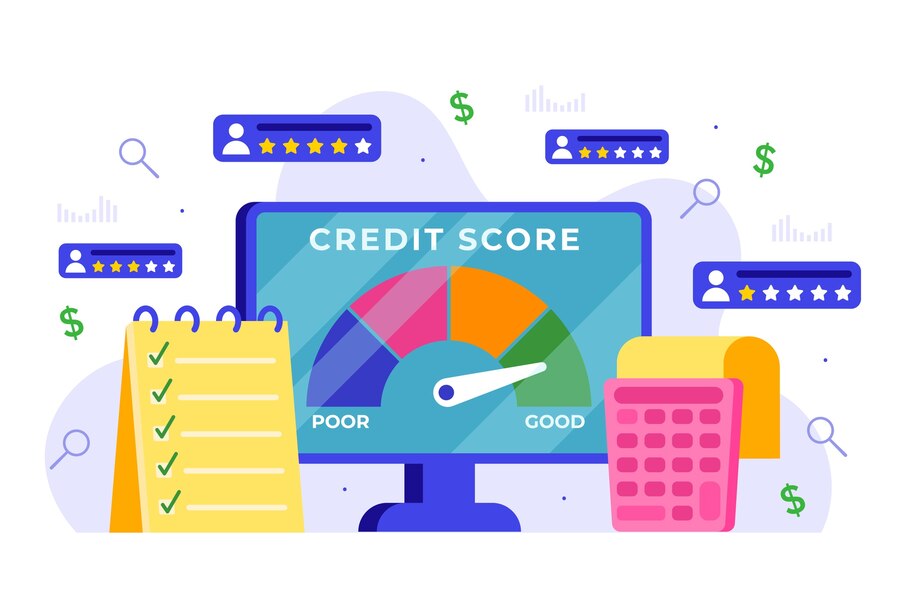When they are unable to pay back their obligations in full, borrowers may want to think about loan settlement as a financial option. Loan settlements can offer short-term respite, but they can also have major, long-term effects on your credit score. We’ll discuss how debt settlement may affect your credit in this blog article and offer tips on how to lessen the bad effects.
Comprehending Loan Settlement
When a borrower and lender agree to settle a debt by making a smaller payment than the original repayment, this is known as a loan settlement. This frequently occurs when a borrower is having trouble paying their debts on time because of financial difficulties. A one-time settlement option may be provided by the lender, in which case the borrower pays
The Effect on Your Credit Rating
Credit bureaus receive information on a loan that has been settled as “settled” or “paid for less than the full amount.” Your credit score may suffer significantly as a result of this notation, usually declining by 75–100 points or more. The resolved status can continue to show negatively on your creditworthiness for up to seven years on your credit record.
Loan settlements reflect that you did not fulfil the loan’s initial repayment criteria, which is why they are so detrimental to your credit score. This indicates a lack of ability or motivation to fulfil your financial responsibilities, which is viewed as a risk factor when evaluating loans and other creditors.
Things to Think About Before Agreeing to a Loan
1Examine Your Options: Before accepting a loan settlement, carefully weigh your options. These can include restructuring your debt, negotiating a more affordable repayment schedule, or getting help from a credit counseling organization. Your credit score might be less negatively impacted by these options.
2. Keep Your Credit Utilization Ratio in Check: A major component of your credit score is your credit utilization ratio, or how much of your available credit you are really utilizing. To prevent adverse effects on your credit score, try to maintain your credit utilization rate below 30%.
- Make Sensible Use of Credit Cards: Your credit card usage and payment habits, in addition to your loan payback history, are very important factors in
Reestablishing Credit Following Loan Settlement
- Pay Your Bills on Time: Following a loan settlement, pay attention to paying off any outstanding bills or newly opened credit accounts on time. Over time, timely payments on a regular basis might raise your credit score.
2. Avoid Opening New Credit Accounts: To avoid further harming your credit score, resist the urge to open numerous new credit accounts. Instead, focus on keeping your utilization ratio and credit mix in a reasonable range.
3. Exercise Financial Discipline: Establish and uphold good money management practices, such as setting aside money, budgeting, and avoiding wasteful spending. This proves to lenders that you are a responsible money manager.
Conclusion
Loan settlement can have a significant and long-lasting impact on your credit score, making it more challenging to secure future loans or credit at favourable terms. By understanding the implications of loan settlement and taking proactive steps to mitigate the damage, you can work towards rebuilding your credit and achieving your financial goals. Remember, communication with lenders, financial discipline, and patience are key to navigating the path to credit score recovery after a loan settlement.



